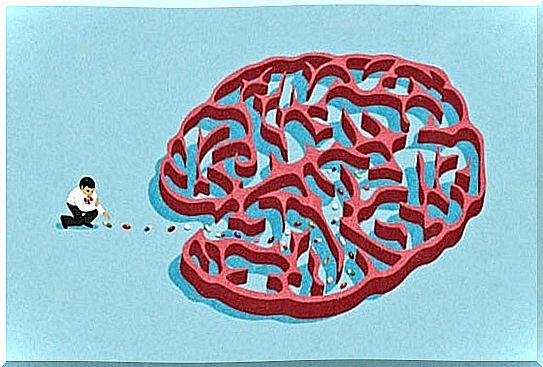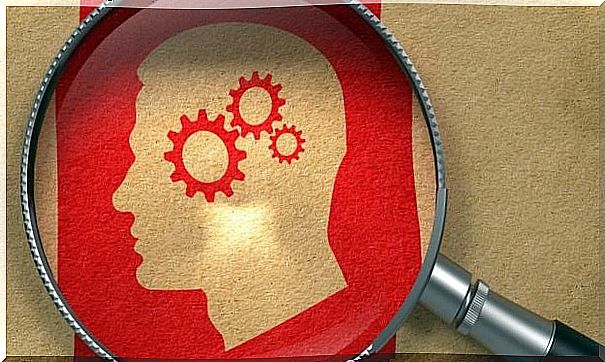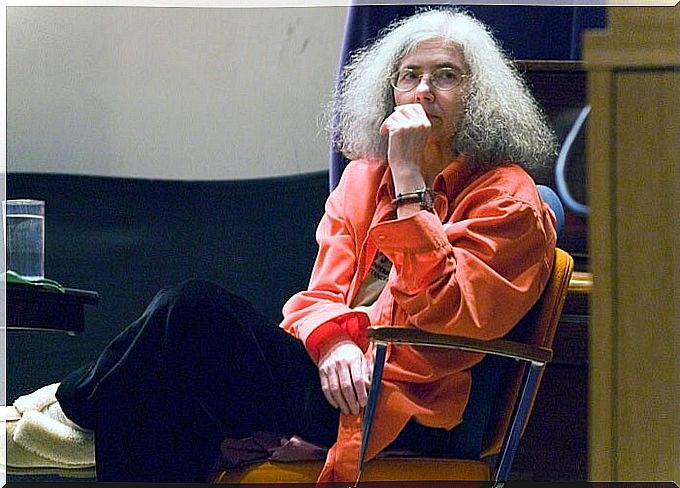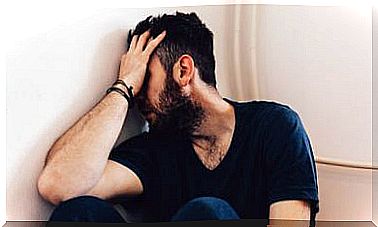The Rebirth Of Antipsychiatry

Antipsychiatry is a controversial movement that emerged in the late 1960s and early 1970s, in the 20th century. One of its main inspirers was the Hungarian psychiatrist Tomas Szasz, who was also a professor in this area at Syracuse University in New York. However, the person who coined the term was David Cooper in 1967.
The antipsychiatric movement, as the name implies, declared itself against the theory and practice of psychiatry, at least as it had been practiced up to that point. The promoters of this trend denounced that it was a pseudoscience, since it had very weak bases. Likewise, they indicated that instead of being a medical discipline, it rather operated as an ideology that sought to exert control over the human mind, and that for this it used labels such as “normality” and “abnormality”.
This trend had a great resonance for the revolutionary nature of its approaches and it became a relevant and effective voice against such controversial treatments as lobotomy and electroshock. Over time it lost strength, but it has never completely disappeared. Now it seems that we are facing its rebirth, led by Dr. Bonnie Burstow, a professor at the University of Toronto, who recently opened an antipsychiatry fellowship at her educational center.
The questions of antipsychiatry
Antipsychiatry is a movement to which psychiatrists, psychologists, doctors, philosophers and many “mentally ill” belong, whom they call “survivors” or “survivors”. For them, basically, mental illness does not exist as such. One of their main arguments is the fact that so far there is no clinical evidence that the mind is ill. Neither brain scans nor CT scans nor any other test provide evidence that allows us to speak of the existence of mental illness.

Members of the antipsychiatric movement have also spoken out against the way in which supposed mental pathologies are defined and classified. In his view, there is no scientific method in the strict sense behind psychiatric practice. The “mental illnesses” become such thanks to the vote of around 3,000 North American psychiatrists.
At the time, they harshly criticized the way in which the lobotomy was implanted as a method of treating “mental illness. ” Its inventor, Egas Moniz, performed the excision of the prefrontal lobe in an ape and since it showed a more gentle behavior, he immediately went on to apply it to humans. He received the Nobel Prize for this “invention”, which was not supported but in an experiment, with a single chimpanzee.
Antipsychiatry denounces that drugs are practically chemical lobotomies and that instead of curing patients, they progressively lead to deterioration and death. They think that psychotherapies are much more useful, since “mental illness” is not biological, but symbolic and cultural.
Bonnie Burstow and antipsychiatry
Although there are many voices in the world that continue to question biological psychiatry, it was imposed as a treatment in almost all health systems. According to antipsychiatrists, this happened because it is much cheaper and more profitable to treat people with problems with drugs. The pharmaceutical industry would be behind all this. While a pill manages to appease in half an hour someone who, for example, has strong anxiety, to eradicate that anguish many hours of therapy would be needed.

The effect of psychiatric medications has been questioned in various studies. There are very few cases in which a real improvement is observed. Rather, the opposite is true: the serious side effects of these medicines severely affect the body and mind of patients.
All these principles are those that Professor Bonnie Burstow has taken up. Your bid for a fellowship in antipsychiatry is the first step in institutionalizing this current of thought. It is a true milestone. A good part of psychiatrists classify this entire movement as pure ideology, without any scientific basis.
They claim that it is a pointless onslaught, which has much more to do with politics than science. However, it remains true that some of the current evidence for “mental illness” is questionable to say the least.
Bonnie Burstow promotes the treatment of problematic mental conditions (antipsychiatry repels the label of illness, as we have said before) through various forms of conversation-based psychotherapy. These have been applied in people diagnosed with schizophrenia even and in some cases good results have been obtained, especially with people who were not very decompensated.
It is a fact that many psychiatrists abuse medication, but it is also true that such medications help many people in extreme situations. That is to say, in this sense the medication would be positive to compensate the person’s symptoms, thus allowing the possibility of an effective therapy. In this sense, perhaps the most convenient thing is a constructive dialogue between psychiatry and antipsychiatry to advance in such a difficult field so that the synthesis of said conversation would be a more humane and effective treatment for people who need help.
Main image courtesy of John Holcroft









